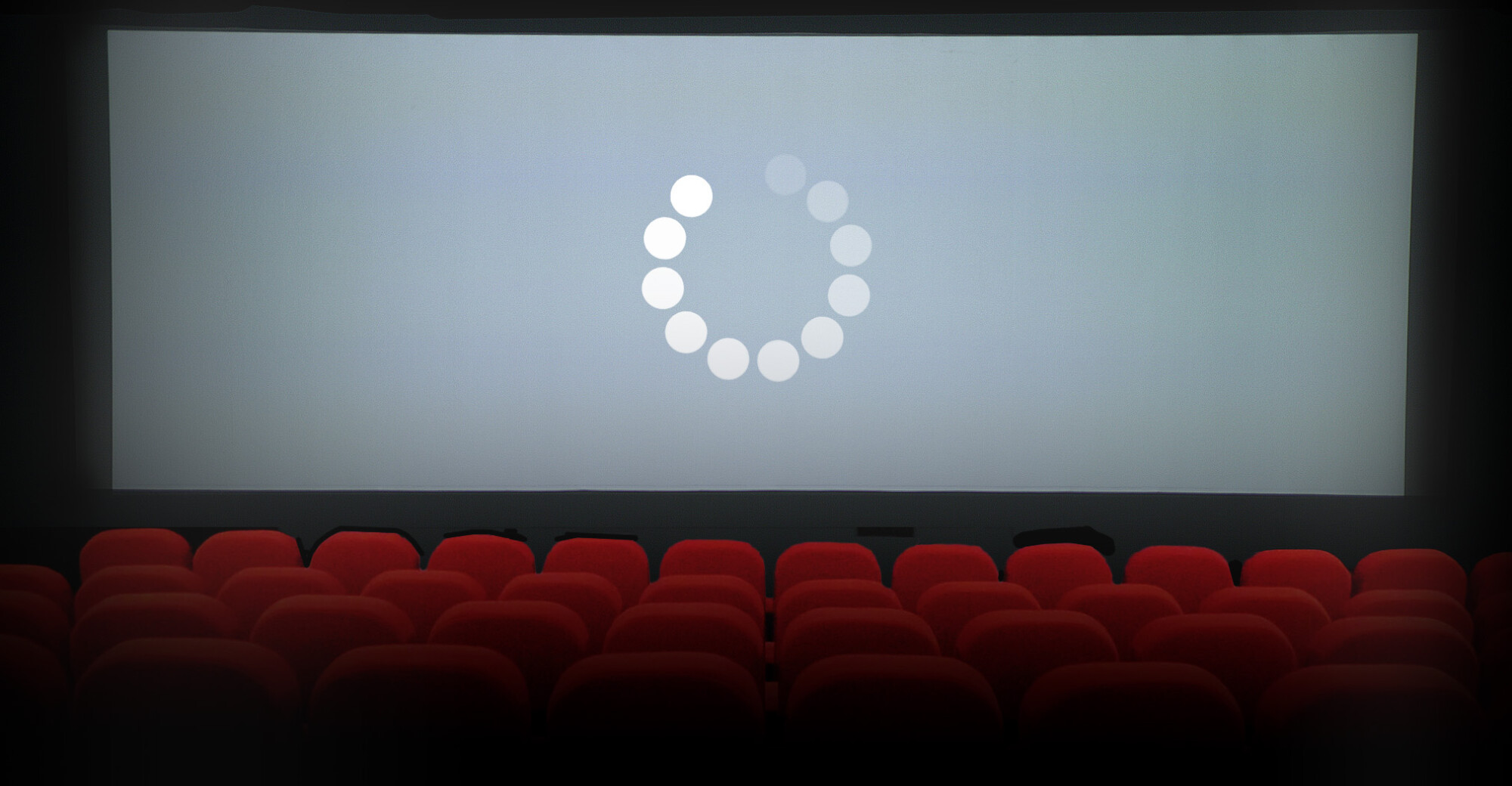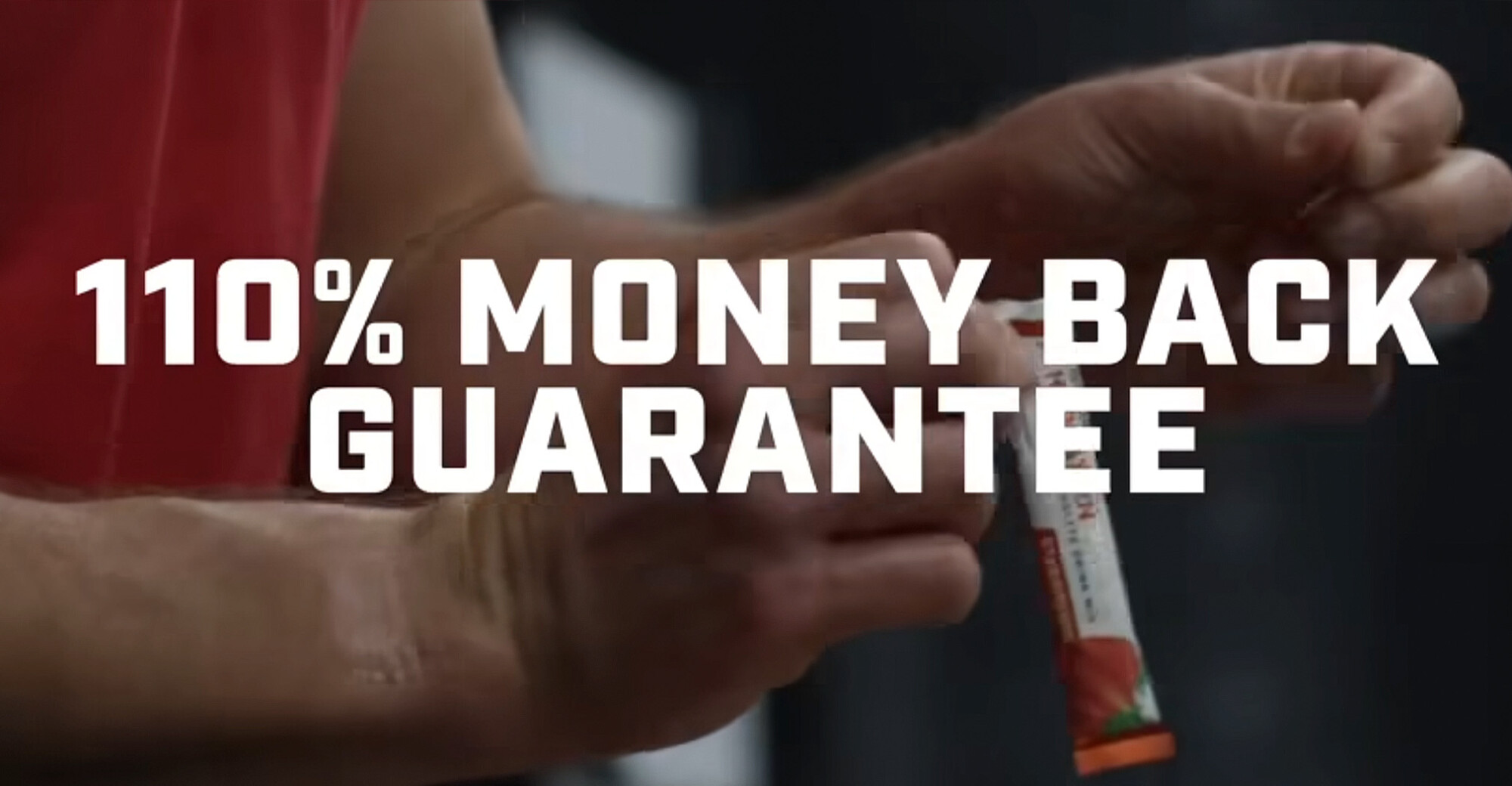
Should Movie Theaters Be Required to Advertise Actual Start Times?
Under a proposed bill, theaters could be fined for making moviegoers guess.
In January 2014, a federal judge granted the parties’ joint motion to dismiss a class-action lawsuit alleging that ZeniMax Media Inc. and Bethesda Softworks LLC misleadingly market the Elder Scrolls IV: Oblivion video game. (The joint dismissal suggests the parties may have settled the case, but no settlement documents are publicly available at this time.) The complaint, which was originally filed in 2012, alleged that the companies promise the game’s “free-form” (or open-ended) nature provides players with unlimited possibilities and longevity when, in reality, an animation defect causes the game to end once its internal counter reaches the maximum level (even after only moderate use). The judge dismissed the case with prejudice, meaning that the plaintiffs cannot re-file. (Edwards et al v. ZeniMax Media Inc. and Bethesda Softworks LLC, Case No. 12-cv-00411, D. CO.).
Under a proposed bill, theaters could be fined for making moviegoers guess.
Money-back guarantee comes up woefully short of advertised percentage.
Is it still a guarantee if it has strings attached?
Lawsuits allege “100%” marketing on front label is misleading.
TINA.org reader was charged a lot more than the advertised price. He’s not alone.



